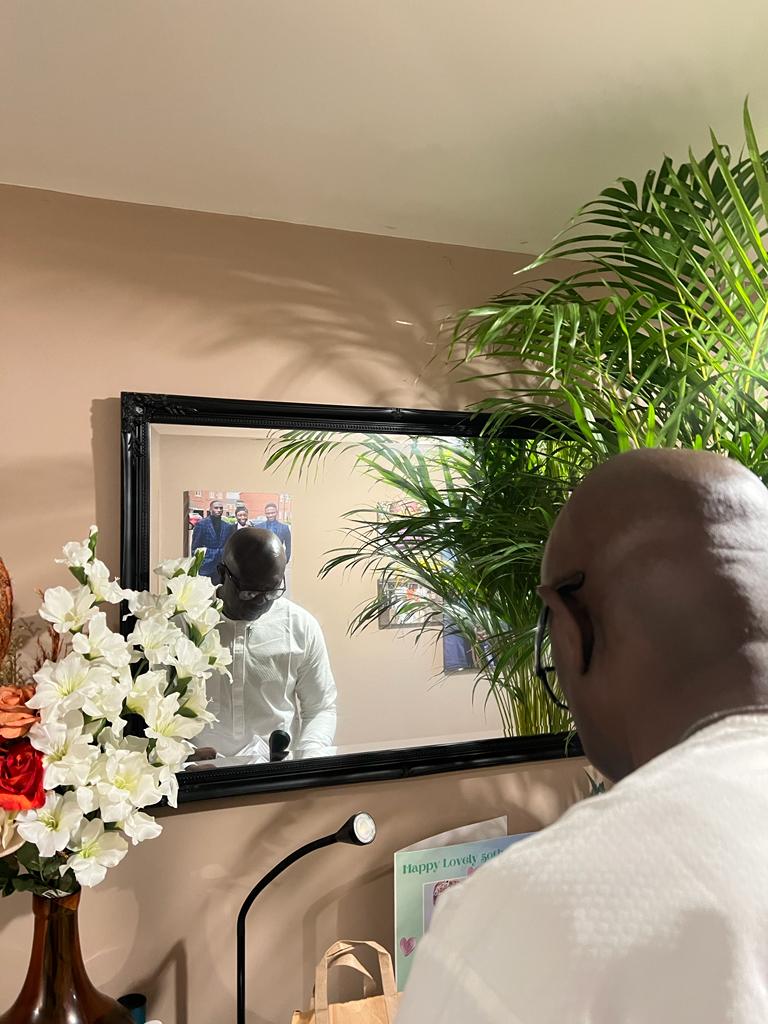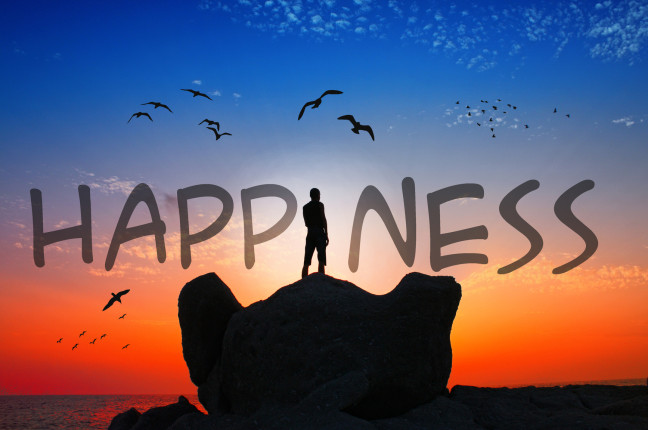Dear Friends,
I was “trawling” the web this morning (as usual) when I came across this article on the changeblog.com. I have been wanting to do a post on happiness sometimes last week but couldn’t really get my head round it. After reading this post I realise I do share same views as expressed herein.
I am therefore posting here for wider circulation and readership. Enjoy.
Don’t Hang Your Happiness On Others
By Alex Fayle
Where’s the line between your happiness and the happiness of others?
A lot of people blur the boundary and hang their happiness on others. Unfortunately by doing so, they pretty much guarantee unhappiness for everyone involved. No matter who is in your life, whether it’s children, spouse, friends or family members, your happiness has to come from within first. And then once you’re happy, you can help others work on their happiness in a healthy way.
But isn’t it better to give of yourself and make sure others are happy? Isn’t that the selfless thing to do?
Nope. And I’m going to go as far as saying that hanging your happiness on the happiness of others isn’t selfless at all – it’s totally selfish and puts unfair and unrealistic expectations on others.
Don’t believe me? Let’s look at a couple of examples.
Selfish Happiness
People who have a very selfish idea of happiness are only happy when everyone around them is happy. They also believe that unhappy people should make more of an effort to be happy because it’s not fair to inflict their unhappiness on others.
By hanging your happiness on others in this way, you basically sign yourself up to a roller coaster of emotions as you ride the moods of people around you. You can also make things worse, telling the people around you to be happier because it hurts you to see them unhappy.
Holy pressure, Batman! By telling others this, you’re being way selfish and saying: you are now responsible for my happiness. Too much of this unasked-for responsibility and you’ll end up pushing away all your close relationships, because honestly, who wants to deal with that kind of responsibility?
Rose Nielund from Golden Girls is a classic example of this type. She needed everyone around her to like her and to be happy all the time. If not she would hound them, doing nice things for them and pushing them to be happier so that she could be happy. Of course the opposite usually happened, with people just getting frustrated with her and telling her to leave them alone.
I used to be a Rose but once I learned to find my happiness from within and to not hang my happiness on others, everyone around me (including me!) became a whole lot happier. My close friends and my partner no longer felt responsible for my happiness. They could be themselves, including cranky, irritable, or whatever emotion they were feeling, without having to consider how their mood would affect me. Of course, this doesn’t mean they’re free to take bad moods out on me, but if they’re having a bad day, I’m no longer pushing them to cheer me up.
Pushing Happiness
The happiness pusher takes responsibility for everyone’s happiness and get hurt when everyone isn’t all smiles and kittens.
This type often appears in one half of a couple or in parents. They always do things for the other, “taking care” of partners or children, but in reality they’re not paying any attention to what their partner or children really want, nor do they understand that what’s going on in the other person’s world has nothing to do with them.
They push their idea of happiness on the people in their lives. An extreme example of this would be Bree Van de Kamp from Desperate Housewives. She has a very clear idea of what would make everyone happy and she sees it as her duty to tell everyone exactly how they need to behave and what actions to take to be happy. Of course this makes for great television full of laughs and drama, but in real life it’s a bit stressful.
A typical real life example would be parents who stick their kids into activities that they would have loved to do as children but didn’t get the chance to. And while parenting does require taking some responsibility for the happiness of your children, it does not give you free reign to tell them what will make them happy.
Like people who have a selfish happiness, happiness pushers get offended when the people around them aren’t happy. They see it as a personal failing in themselves for not being able to please others, to keep them happy, so they start pushing more, coming up with ways to make others happy without asking what the other person wants and without giving the other person any space to deal with their happiness on their own.
If you’re a happiness pusher, here are two tips that might help you internalize your happiness instead of pushing it on others.
- The world won’t end if the people around you aren’t always happy. It’s okay to be sad, angry, depressed, or whatever every once in a while.
- Everyone is different. What might make you happy won’t necessarily make others happy. Let people choose for themselves what dreams to pursue and what to feel at any given moment.
Healthy Happiness
Of course, there’s an extreme on the other side where the happiness of others doesn’t matter at all and you’re selfish and pushy in a completely different manner. Like all extremes though, there’s a middle ground to be found, a happy medium if you will.
If you really want to make other people happy, be a happy person yourself. Most people like to be happy and studies have shown happiness is catchy. You don’t need to push your happiness on others, or demand that they be happy to keep you happy.
You just need to be happy on your own. That’ll go a long way to making others happy.
And if they’re having a bad day, then go ahead and try to cheer them up, but recognize that sometimes people need to be unhappy for whatever reason. They need to feel blue. That’s not a bad thing – the so-called negative emotions are a part of human existence and shouldn’t be shunned. So let them have a good wallow and continue to be happy on your own. They’ll eventually break out of it and come join in on the fun.
Unfortunately sometimes the unhappiness of others does affect your own. After all, human beings are also social creatures and if you want to go do something fun but your partner or friend is being a total downer, you’re likely going to feel a little blue as well. Sometimes, however, for the sake of the relationship you simply have to accept this other-person-induced sadness for a little while as they work their way through what’s bothering them.
And at other times you may need to go off and do your own thing. Yes, they might get mad at you for “abandoning them” but they’ll get over it. And if they don’t, then you might need to ask yourself what sort of relationship do you have with them?
As for how to find happiness within? Well, that’s a whole other post…
Culled from – http://www.thechangeblog.com/hanging-your-happiness-on-others/
About Alex Fayle
Alex Fayle, of Someday Syndrome, is a former procrastinator who uses his visionary ability to uncover hidden patterns and help people break the procrastination obstacle so they can finally find freedom and start living the life they desire.







